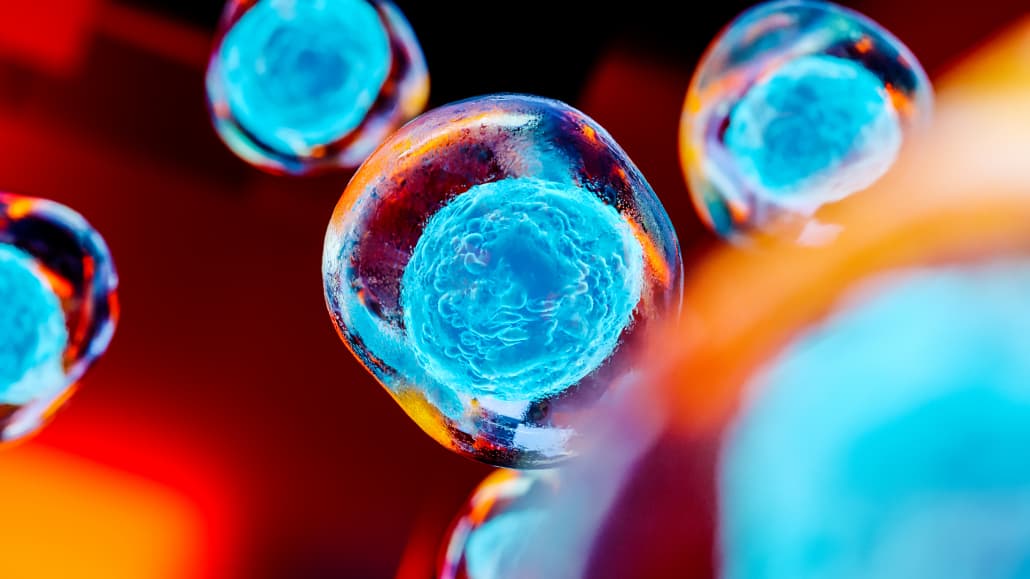A Guide to Mesenchymal Stem Cells
The use of mesenchymal stem cells (MSCs) as a form of regenerative therapy is on the rise around the world. And various studies into the efficacy of MSC treatments are ongoing. These “building blocks” of the human body have regenerative and reparative properties that have the power to create new tissue in certain areas of the body.
MSCs evolve into different types of cells in various organs and tissues, including the brain, skin, eyes, muscle, bone and cartilage. But as people age, the number of stem cells (MSCs) in the body decreases. And those that are left become less effective at replacing dead or dying tissue.
At first, scientists thought that MSCs were only present in bone marrow. However, research has taught us that mesenchymal stem cells are found in various areas of the body.
Adipose Tissue
MSCs can be harvested from fatty adipose tissue. And this is often the preferred harvesting method, as it’s less invasive and uncomfortable than others. And in certain circumstances, there are more MSCs in adipose tissue than in bone marrow.
Bone Marrow Aspirate
A large, thin needle and syringe are used to extract MSCs from bone marrow. The process must be conducted while the patient is awake, but a local anesthetic is administered to minimize pain and discomfort. There are MSCs in all bone marrow, but clinicians only take it from the pelvic area, where there are very high concentrations of the regenerative cells. The hip is also relatively easy to access.
MSCs from Umbilical Cords
Wharton’s Jelly is the substance within umbilical cords that contains high concentrations of MSCs. While Wharton’s Jelly is the richest source of MSCs, it’s used less frequently than bone marrow because healthy, fully screened donors are required. Clinicians harvest umbilical tissue from Cesaerean section births.
What Are MSCs Used For?
Harvested MSCs don’t cure the conditions they treat, but there is evidence that they can alleviate symptoms. Indeed, stem cell therapy with MSCs is already being used to treat people with neurodegenerative and autoimmune conditions such as Parkinson’s and lupus.
Unfortunately, not enough research has been carried out in this area, so stem cell therapy is still regarded as an alternative approach to treating certain conditions. But there’s limited evidence and anecdotal reports that suggest patients are receiving much-needed relief from their symptoms. And in some cases, MSC transplantation could be slowing the progress of diseases.
If you’re like to learn more about the use of MSCs to alleviate the symptoms of autoimmune, neurodegenerative and orthopedic conditions, call the Cendant specialists today.
Do you have questions?
We have answers. Speak with a Cendant Care Coordinator today with no obligation. Give us a call!






